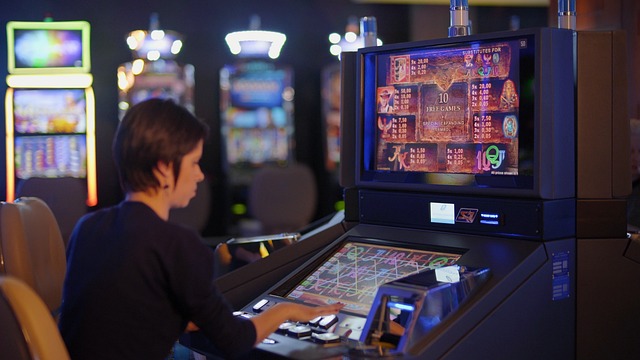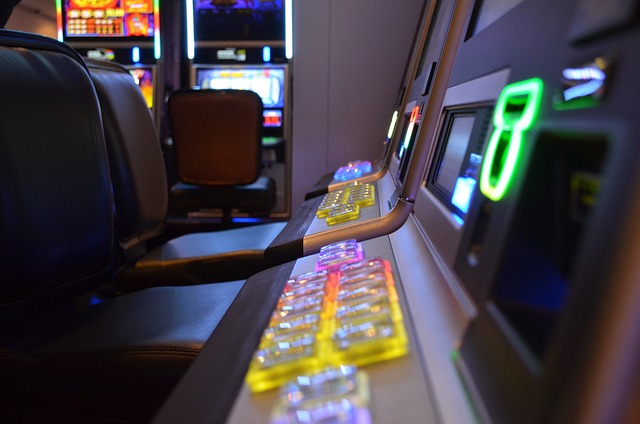Casino tourism is a powerful economic force. However, it comes with significant social costs.
Economic Benefits
Casinos attract tourists. This influx boosts local economies. Jobs are created, and businesses thrive. Tourists spend money on hotels, restaurants, and entertainment.
Political Influence
Political decisions shape casino tourism. Local governments issue permits and set regulations. Politicians must balance economic benefits with social costs.
Social Costs
Casino tourism can strain local resources. Increased traffic and noise affect residents. Public services, like police and health care, face higher demand. Politicians must address these impacts.
Case Study: Macau
Macau is a prime example. Its economy thrives on casino tourism. The government’s policies have shaped this industry. Macau’s model offers lessons for other regions.
Regulatory Challenges
Regulating casino tourism is complex. Governments must ensure fair play. Regulations vary widely by region. Effective laws are essential for protecting consumers and communities.
Health Impacts
Gambling addiction is a major concern. Tourists and locals alike can be affected. Local health services must be prepared. Preventative measures and support systems are essential.
Infrastructure Development

Casinos often lead to infrastructure upgrades. Roads, public transport, and utilities are improved. These benefits extend to the entire community. However, increased demand can strain services.
Environmental Concerns
Casinos consume significant resources. This includes water, energy, and land. Sustainable practices are important. Green initiatives reduce the environmental footprint. Politicians must enforce these practices.
Public Opinion
Public opinion on casino tourism is divided. Some see it as an economic boon. Others view it as a source of social problems. Politicians must navigate these views. Engaging the community is vital.
Online Casinos
Online casinos like Vave casino add complexity. They impact local economies differently. Regulations must adapt to these new platforms. Ensuring fair play and compliance is crucial.
Economic Inequality
Casinos can exacerbate economic inequality. Wealth often concentrates among a few. Effective policies are needed to distribute benefits fairly. Social equity must be a consideration in development plans.
Crime Rates
Casino tourism can impact local crime rates. Some studies suggest an increase in crime. Effective law enforcement is vital. Security measures can mitigate potential risks. Community safety must be a priority.
Cultural Impact

Casino tourism affects local culture. It can lead to the commercialization of traditions. Balancing economic benefits with cultural preservation is crucial. Politicians must address these issues.
Future Trends
The future of casino tourism is uncertain. Political, economic, and social factors will shape it. Ongoing dialogue between stakeholders is necessary. Effective governance can maximize benefits.
International Perspectives
Different countries approach casino tourism differently. Some embrace it for growth. Others impose strict regulations to protect communities. International cooperation and sharing best practices are beneficial.
Ethical Considerations
Ethical practices in casino tourism are crucial. Casinos must operate transparently and responsibly. Fair practices build public trust. This enhances their reputation and community standing.
Conclusion
Casino tourism is a double-edged sword. While it boosts local economies, it also brings social costs. Political decisions and regulations shape its impact. Understanding this complex relationship is essential. Transparent practices and effective governance ensure balanced outcomes. The future of casino tourism depends on adapting to political and social dynamics.